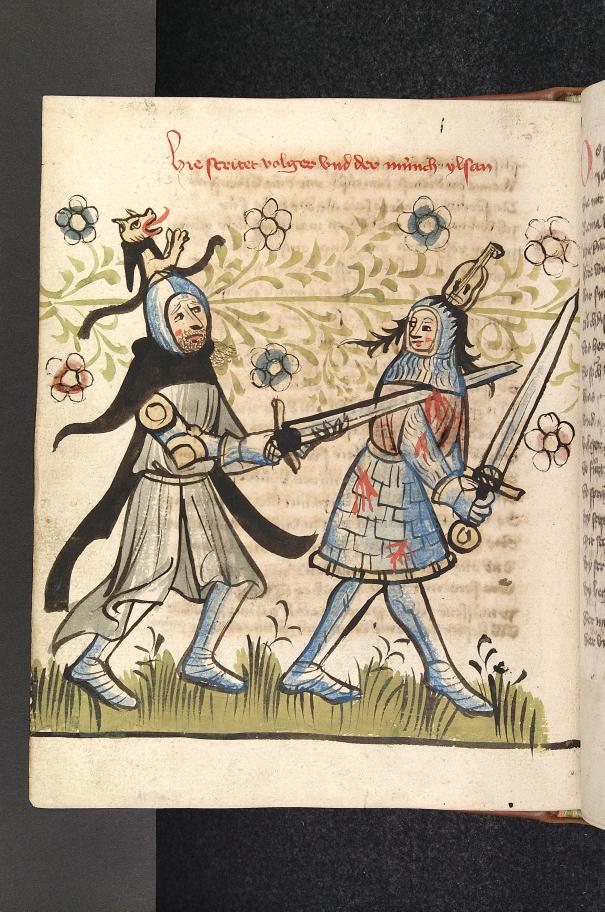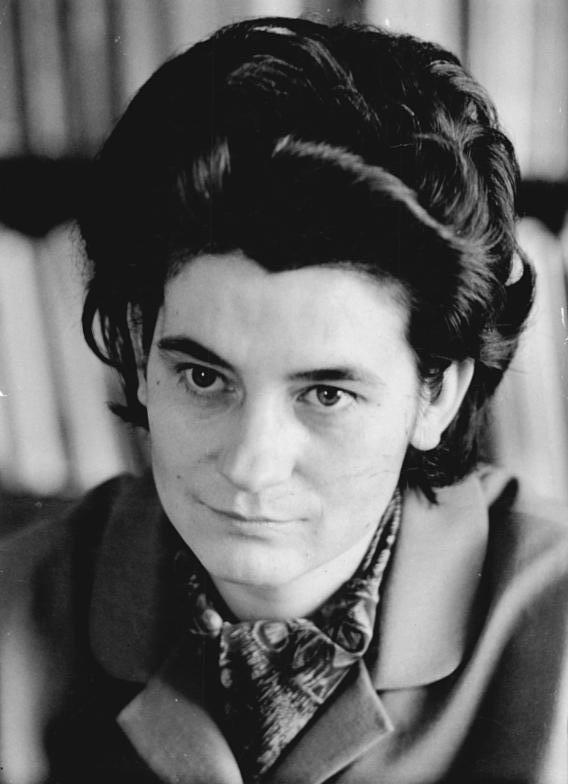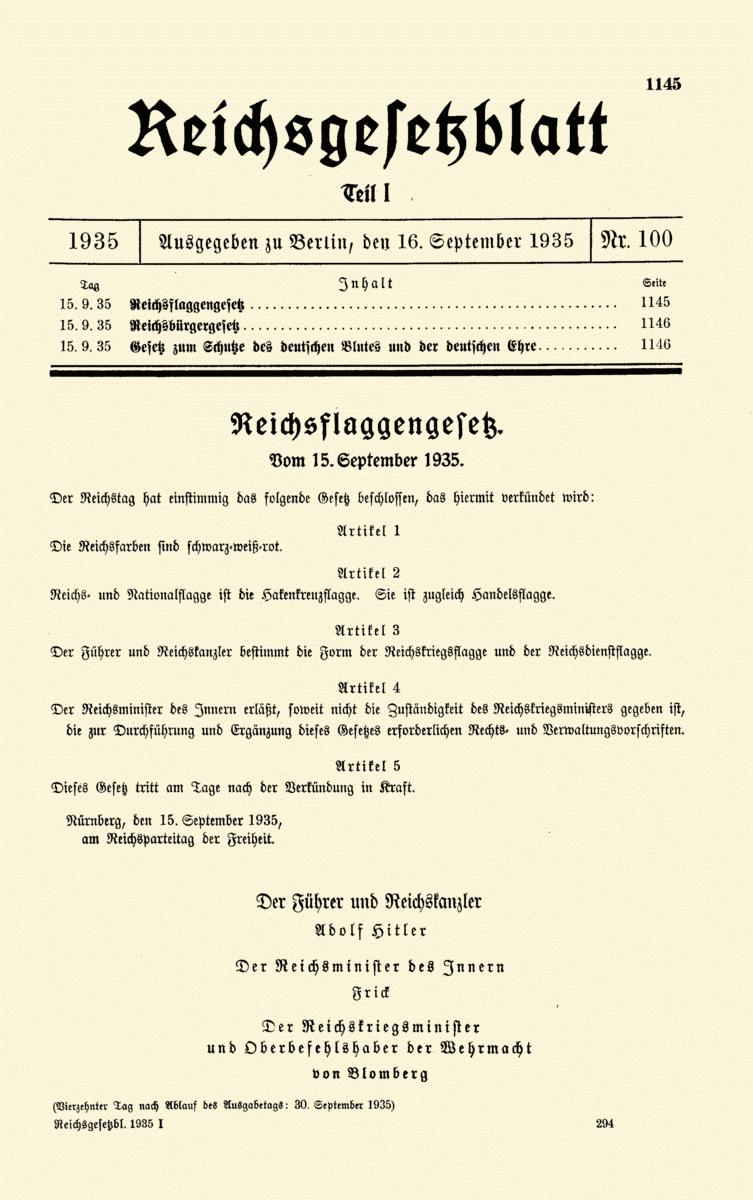|
Elisabeth Langgässer
Elisabeth Langgässer (23 February 1899 – 25 July 1950) was a German author and teacher. She is known for lyrical poetry and novels. Her short story '' Saisonbeginn'', for example, provides a graphically human portrayal of a 1930s German Alpine village erecting a sign forbidding the entry of Jews. Early life In 1899 Langgässer was born in Alzey into a middle-class Catholic family. In 1922 Langgässer became a school teacher. Following an affair with Hermann Heller she gave birth to her illegitimate daughter Cordelia in 1929. As a consequence she was sacked from her teaching position. Publications during the Weimar Republic From 1924 onwards Langgässer published poetry and reviews. After losing her employment as a teacher she devoted herself to a literary career. Her writings were regarded as ''Naturmagie'' (nature magic), where a magic sense unfolded within the realm of an ambivalent nature. This movement was connected with writers who published in the journal ''Die Kolo ... [...More Info...] [...Related Items...] OR: [Wikipedia] [Google] [Baidu] |
Alzey
Alzey () is a ''Verband''-free town – one belonging to no ''Verbandsgemeinde'' – in the Alzey-Worms district in Rhineland-Palatinate, Germany. It is the fifth-largest town in Rhenish Hesse, after Mainz, Worms, Germany, Worms, Ingelheim am Rhein and Bingen am Rhein, Bingen. Alzey is one of the ''Nibelungenstädte'' – towns associated with the ''Nibelungenlied'' – because it is represented in this work by the character Volker von Alzey. Hence, Alzey is also known as ''Volkerstadt''. Geography Location Alzey lies in Rhenish Hesse on the western edge of the northern part of the Upper Rhine Plain. It is surrounded by the northern part of the Alzey Hills, which meets the Rhenish Hesse Hills towards the south and the North Palatine Uplands towards the east. The town is found some 30 km southwest of Mainz and some 22 km (as the crow flies, in each case) northwest of Worms, Germany, Worms. Through Alzey, in places underground, flows the river Selz, a left-bank tributa ... [...More Info...] [...Related Items...] OR: [Wikipedia] [Google] [Baidu] |
Goebbels
Paul Joseph Goebbels (; 29 October 1897 – 1 May 1945) was a German Nazi politician who was the ''Gauleiter'' (district leader) of Berlin, chief propagandist for the Nazi Party, and then Reich Minister of Propaganda from 1933 to 1945. He was one of Adolf Hitler's closest and most devoted acolytes, known for his skills in public speaking and his deeply virulent antisemitism, which was evident in his publicly voiced views. He advocated progressively harsher discrimination, including the extermination of the Jews in the Holocaust. Goebbels, who aspired to be an author, obtained a Doctor of Philology degree from the University of Heidelberg in 1921. He joined the Nazi Party in 1924, and worked with Gregor Strasser in its northern branch. He was appointed ''Gauleiter'' of Berlin in 1926, where he began to take an interest in the use of propaganda to promote the party and its programme. After the Nazis came to power in 1933, Goebbels's Propaganda Ministry quickly gained a ... [...More Info...] [...Related Items...] OR: [Wikipedia] [Google] [Baidu] |
1950 Deaths
Year 195 ( CXCV) was a common year starting on Wednesday (link will display the full calendar) of the Julian calendar. At the time, it was known as the Year of the Consulship of Scrapula and Clemens (or, less frequently, year 948 ''Ab urbe condita''). The denomination 195 for this year has been used since the early medieval period, when the Anno Domini calendar era became the prevalent method in Europe for naming years. Events By place Roman Empire * Emperor Septimius Severus has the Roman Senate deify the previous emperor Commodus, in an attempt to gain favor with the family of Marcus Aurelius. * King Vologases V and other eastern princes support the claims of Pescennius Niger. The Roman province of Mesopotamia rises in revolt with Parthian support. Severus marches to Mesopotamia to battle the Parthians. * The Roman province of Syria is divided and the role of Antioch is diminished. The Romans annexed the Syrian cities of Edessa and Nisibis. Severus re-establish his he ... [...More Info...] [...Related Items...] OR: [Wikipedia] [Google] [Baidu] |
1899 Births
Events January 1899 * January 1 ** Spanish rule ends in Cuba, concluding 400 years of the Spanish Empire in the Americas. ** Queens and Staten Island become administratively part of New York City. * January 2 – **Bolivia sets up a customs office in Puerto Alonso, leading to the Brazilian settlers there to declare the Republic of Acre in a revolt against Bolivian authorities. **The first part of the Jakarta Kota–Anyer Kidul railway on the island of Java is opened between Batavia Zuid ( Jakarta Kota) and Tangerang. * January 3 – Hungarian Prime Minister Dezső Bánffy fights an inconclusive duel with his bitter enemy in parliament, Horánszky Nándor. * January 4 – **U.S. President William McKinley's declaration of December 21, 1898, proclaiming a policy of benevolent assimilation of the Philippines as a United States territory, is announced in Manila by the U.S. commander, General Elwell Otis, and angers independence activists who had fought against ... [...More Info...] [...Related Items...] OR: [Wikipedia] [Google] [Baidu] |
Christa Wolf
Christa Wolf (; née Ihlenfeld; 18 March 1929 – 1 December 2011) was a German novelist and essayist. Barbara Garde, ''Deutsche Welle'', 1 December 2011 '' Der Spiegel'', 1 December 2011. She was one of the best-known writers to emerge from the former .Christa Wolf obituary Kate Webb, ''The Guardian'', 1 December 2011 ... [...More Info...] [...Related Items...] OR: [Wikipedia] [Google] [Baidu] |
Yom Kippur War
The Yom Kippur War, also known as the Ramadan War, the October War, the 1973 Arab–Israeli War, or the Fourth Arab–Israeli War, was an armed conflict fought from October 6 to 25, 1973 between Israel and a coalition of Arab states led by Egypt and Syria. The majority of combat between the two sides took place in the Sinai Peninsula and the Golan Heights—both of which were occupied by Israel in 1967—with some fighting in African Egypt and northern Israel. Egypt's initial objective in the war was to seize a foothold on the eastern bank of the Suez Canal and subsequently leverage these gains to negotiate the return of the rest of the Israeli-occupied Sinai Peninsula. The war began on October 6, 1973, when the Arab coalition jointly launched a surprise attack against Israel on the Jewish holy day of Yom Kippur, which had occurred during the 10th of the Islamic holy month of Ramadan in that year. Following the outbreak of hostilities, both the United States and the Soviet U ... [...More Info...] [...Related Items...] OR: [Wikipedia] [Google] [Baidu] |
Israel
Israel (; he, יִשְׂרָאֵל, ; ar, إِسْرَائِيل, ), officially the State of Israel ( he, מְדִינַת יִשְׂרָאֵל, label=none, translit=Medīnat Yīsrāʾēl; ), is a country in Western Asia. It is situated on the southeastern shore of the Mediterranean Sea and the northern shore of the Red Sea, and shares borders with Lebanon to the north, Syria to the northeast, Jordan to the east, and Egypt to the southwest. Israel also is bordered by the Palestinian territories of the West Bank and the Gaza Strip to the east and west, respectively. Tel Aviv is the economic and technological center of the country, while its seat of government is in its proclaimed capital of Jerusalem, although Israeli sovereignty over East Jerusalem is unrecognized internationally. The land held by present-day Israel witnessed some of the earliest human occupations outside Africa and was among the earliest known sites of agriculture. It was inhabited by the Canaanites ... [...More Info...] [...Related Items...] OR: [Wikipedia] [Google] [Baidu] |
Nuremberg Laws
The Nuremberg Laws (german: link=no, Nürnberger Gesetze, ) were antisemitic and racist laws that were enacted in Nazi Germany on 15 September 1935, at a special meeting of the Reichstag convened during the annual Nuremberg Rally of the Nazi Party. The two laws were the Law for the Protection of German Blood and German Honour, which forbade marriages and extramarital intercourse between Jews and Germans and the employment of German females under 45 in Jewish households; and the Reich Citizenship Law, which declared that only those of German or related blood were eligible to be Reich citizens. The remainder were classed as state subjects without any citizenship rights. A supplementary decree outlining the definition of who was Jewish was passed on 14 November, and the Reich Citizenship Law officially came into force on that date. The laws were expanded on 26 November 1935 to include Romani and Black people. This supplementary decree defined Romanis as "enemies of the rac ... [...More Info...] [...Related Items...] OR: [Wikipedia] [Google] [Baidu] |
Racial Policy Of Nazi Germany
The racial policy of Nazi Germany was a set of policies and laws implemented in Nazi Germany under the dictatorship of Adolf Hitler, based on a specific racist doctrine asserting the superiority of the Aryan race, which claimed scientific legitimacy. This was combined with a eugenics programme that aimed for racial hygiene by compulsory sterilization and extermination of those who they saw as ''Untermenschen'' ("sub-humans"), which culminated in the Holocaust. Nazi policies labeled centuries-long residents in German territory who were not ethnic Germans such as Jews (understood in Nazi racial theory as a "Semitic" people of Levantine origins), Roma (also known as Gypsies, an "Indo-Aryan" people of Indian subcontinent origins), along with the vast majority of Slavs (mainly ethnic Poles, Serbs, Russians etc.), and most non-Europeans as inferior non-Aryan subhumans (i.e. non-Nordics, under the Nazi appropriation of the term " Aryan") in a racial hierarchy that placed the ''Herr ... [...More Info...] [...Related Items...] OR: [Wikipedia] [Google] [Baidu] |
Georg Büchner Prize
The Georg Büchner Prize (german: link=no, Georg-Büchner-Preis) is the most important literary prize for German language literature, along with the Goethe Prize. The award is named after dramatist and writer Georg Büchner, author of ''Woyzeck'' and ''Leonce and Lena''. The Georg Büchner Prize is awarded annually for authors "writing in the German language who have notably emerged through their oeuvre as essential contributors to the shaping of contemporary German cultural life". History The Georg Büchner Prize was created in 1923 in memory of Georg Büchner and was only given to artists who came from or were closely tied to Büchner's home of Hesse. It was first awarded in 1923. Among the early recipients were mostly visual artists, poets, actors, and singers. In 1951, the prize changed to a general literary prize, awarded annually by the Deutsche Akademie für Sprache und Dichtung. It goes to German language authors, and the annual speech by the recipient takes place in Darm ... [...More Info...] [...Related Items...] OR: [Wikipedia] [Google] [Baidu] |
Inner Emigration
Inner emigration (german: Innere Emigration, french: émigration intérieure) is a concept of an individual or social group who feels a sense of alienation from their country, its government, and its culture. This can be due to the inner emigrants' dissent from a radical political or cultural change, or due to their belief in an ideology that they see as more important than loyalty to their nation or country. The concept also applies to political dissidents who live under a police state, but who secretly violate the accompanying censorship of literature, music, and the arts. This concept is a regular theme in dystopian novels. The similar term internal émigré was used in the Soviet Union as an insult towards Soviet dissidents, by suggesting that they had the same opinions as anti-communist refugees in the West. In a letter to his vocally rebellious friend and fellow poet Titsian Tabidze, future Soviet dissident Boris Pasternak, in a private letter, urged his friend to just ignore ... [...More Info...] [...Related Items...] OR: [Wikipedia] [Google] [Baidu] |








